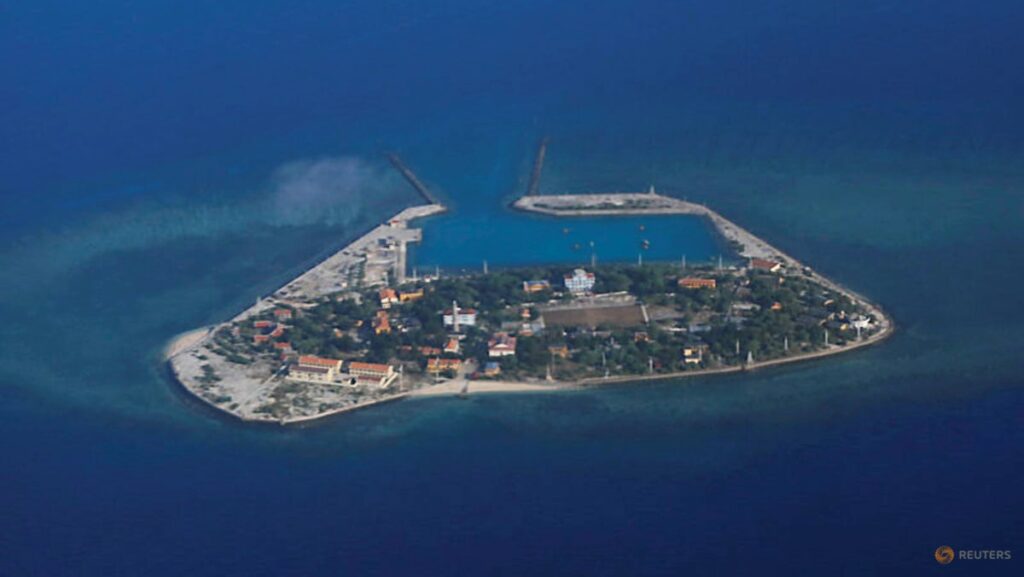BEIJING’S MUTED RESPONSE
China did feel a need to respond following the publication of the report, at least to demonstrate that it is watching closely and which thus serves as a subtle warning to Hanoi. The Chinese Foreign Ministry said at a press conference on Aug 25 that it “firmly opposes relevant countries’ construction activities on islands and reefs they illegally occupy,” in response to a question, and that it “will do what is necessary” to safeguard its interests in the disputed waters.
Rhetoric aside, there are two key reasons why China has thus far refrained from reacting forcefully against Vietnam.
First, Beijing enjoys an overall power preponderance vis-à-vis Vietnam. The second, and perhaps more crucial of all, is that at present much of China’s bandwidth is directed at the Philippines, and it would rather maintain a stable front with the other Southeast Asian rivals in the South China Sea.
There are recent indications of mutual efforts exerted by Vietnam and the Philippines to forge closer maritime security cooperation, such as the recent bilateral coastguard exchanges and joint exercise. Vietnam’s ambassador to the Philippines Lai Thai Binh also spoke at various Philippine government-sponsored events that either help promote Manila’s assertive transparency approach or commemorate the 2016 arbitral award that handed a landmark Filipino legal victory against Beijing in the South China Sea. These should serve as a timely reminder to Beijing that Hanoi holds the Manila card of leverage.
With the aim of isolating the Philippines among the other Southeast Asian parties in the South China Sea, Beijing clearly wishes to keep Vietnam on its good side and has thus far elected not to overreact. Realistically, Vietnam’s build-up is unlikely to reach a point that would make China change its mind – so long as Hanoi refrains from altering its longstanding policy of maintaining buoyant economic and political ties with Beijing.
Collin Koh is Senior Fellow at the S Rajaratnam School of International Studies, based at Nanyang Technological University, Singapore. He primarily researches maritime security and naval affairs in Southeast Asia, including the South China Sea disputes.
Read the full article here
